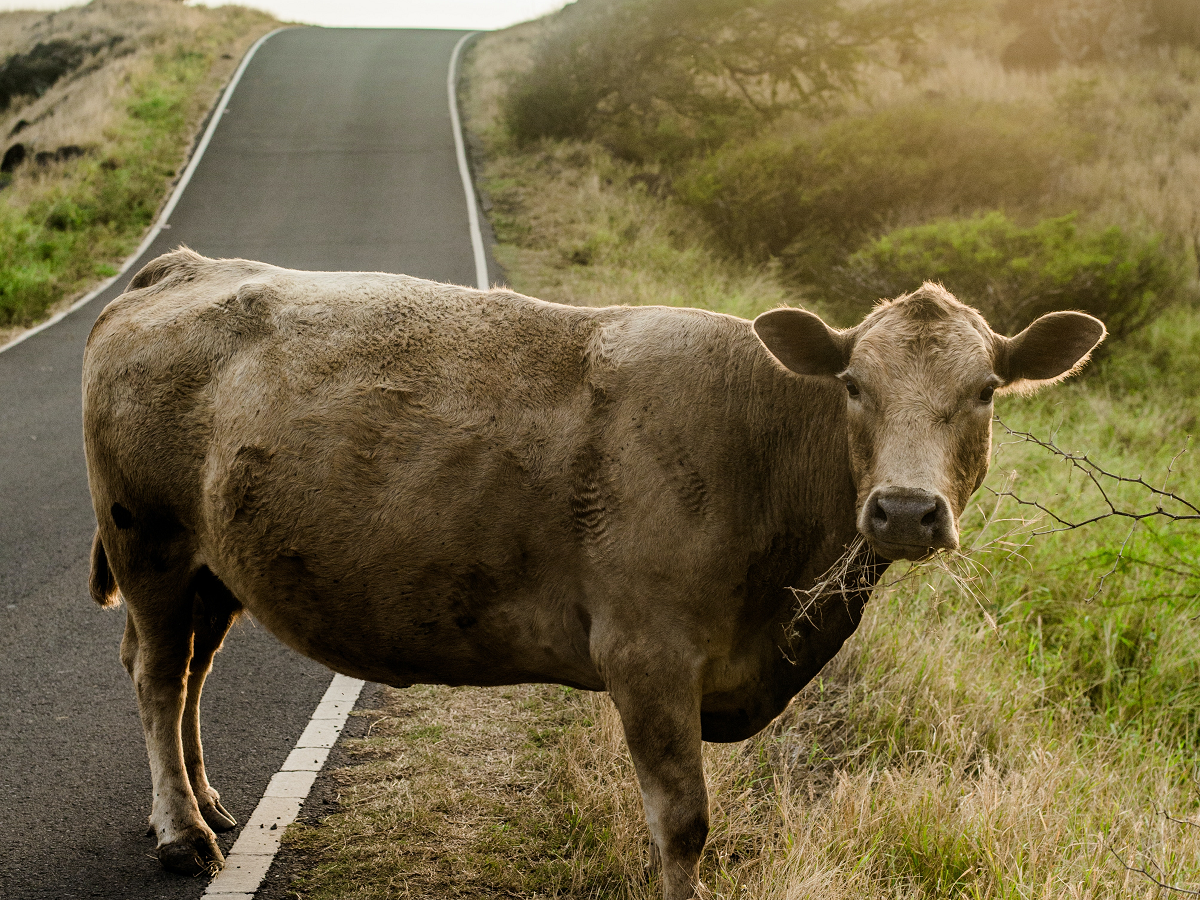UPDATES & ANALYSIS

FEATURED POSTS
Iowa Supreme Court deadlocks on specifics required for liability waivers
When Dubuque police officer Katherine Avenarius accidentally shot herself in the leg while attending an Iowa Law Enforcement Academy firearms instructor school, she sued the academy claiming her injury was the result of an instructor’s advice on how to handle her firearm that contradicted how she had previously been trained. The State, which operates the academy, argued Avenarius signed a “clear and unequivocal” waiver and release of liability.
Iowa Supreme Court upholds minimum prison term for juvenile convicted of murder
The Iowa Supreme Court upheld a 35-year minimum prison sentence for a Fairfield juvenile who pleaded guilty to first degree murder for the death of his high school Spanish teacher. In its unanimous decision, the Court rejected the defendant’s argument that, under the Iowa Constitution, the State must present expert testimony showing a minimum sentence is necessary for a juvenile offender.
Iowa Supreme Court to hear oral arguments in Summit pipeline case Oct. 8 in historic Iowa State Capitol courtroom
The Iowa Supreme Court will hear oral arguments in a case involving Summit Carbon Solutions’ proposed CO2 pipeline in a special evening session Oct. 8 in the historic Iowa Supreme Court courtroom in the Iowa State Capitol Building.
Iowa Supreme Court to hear arguments in eight cases Oct. 8-10
The Iowa Supreme Court will hear arguments in eight cases Oct. 8-10. Six other cases will be submitted to the Court without argument. Following are brief summaries of the October cases.
EDITORIAL TEAM
ABOUT
On Brief: Iowa’s Appellate Blog is devoted to appellate litigation with a focus on the Iowa Supreme Court, the Iowa Court of Appeals, and the U.S. Court of Appeals for the Eighth Circuit.
